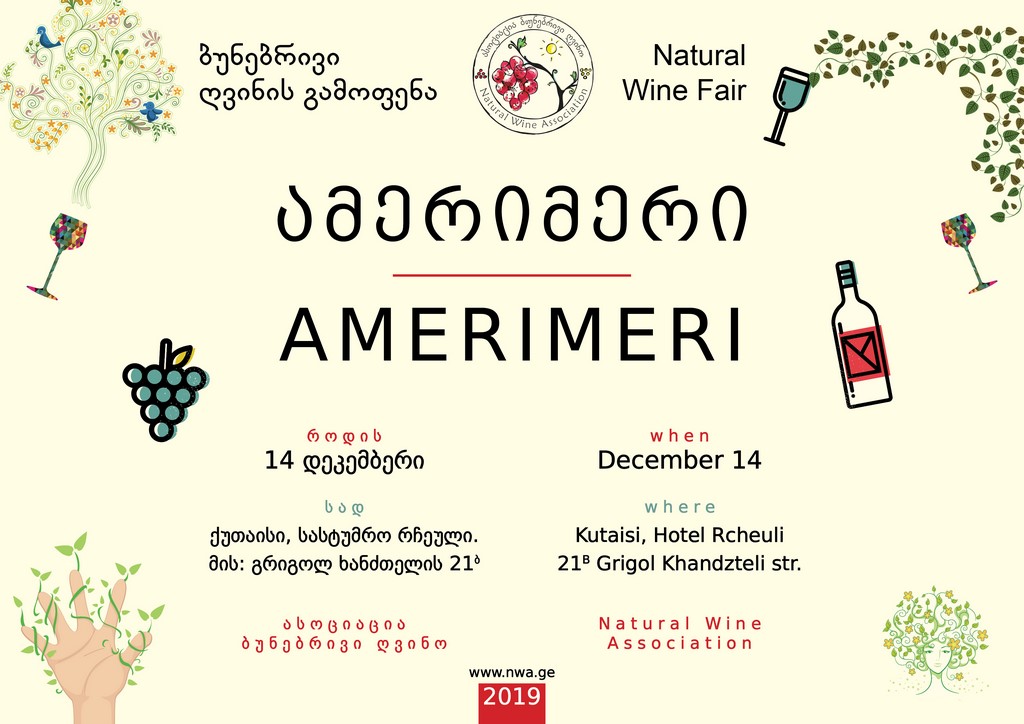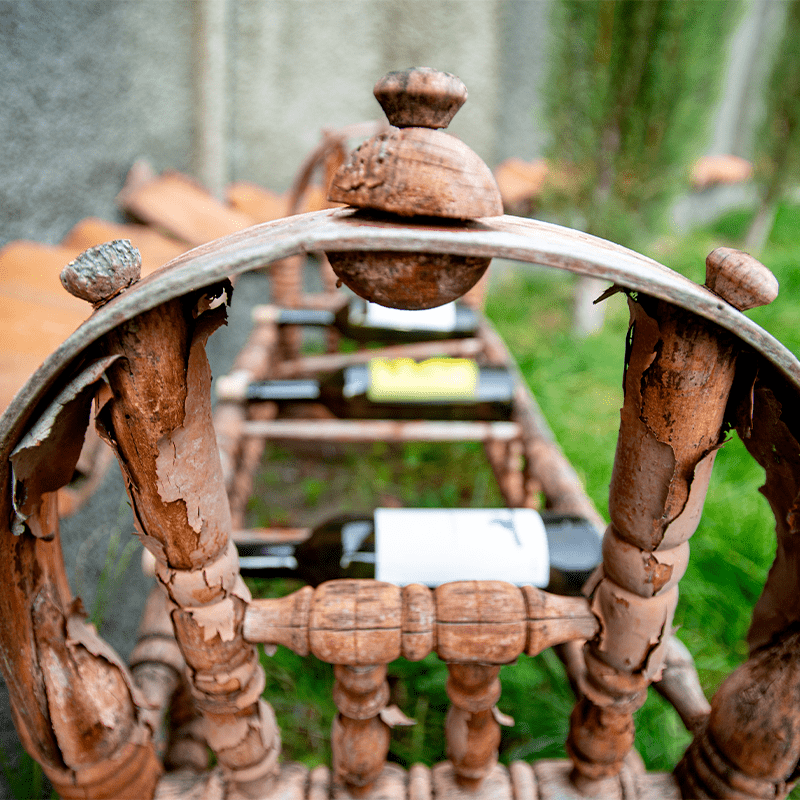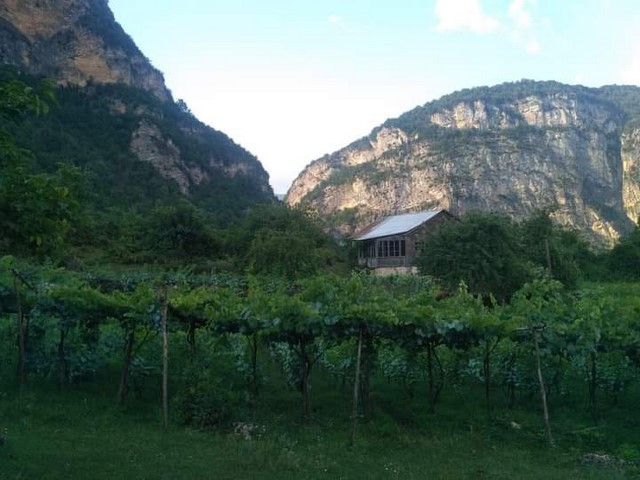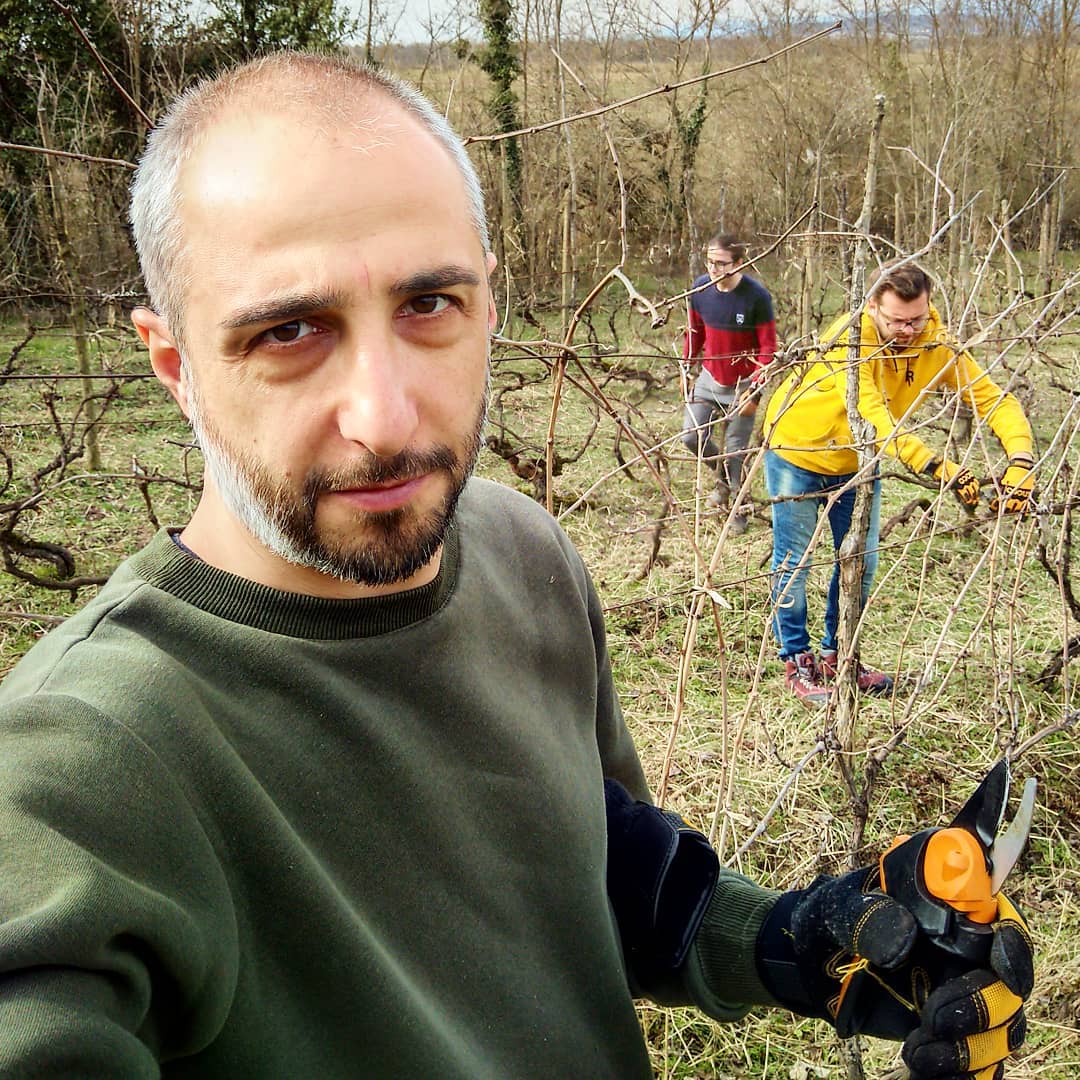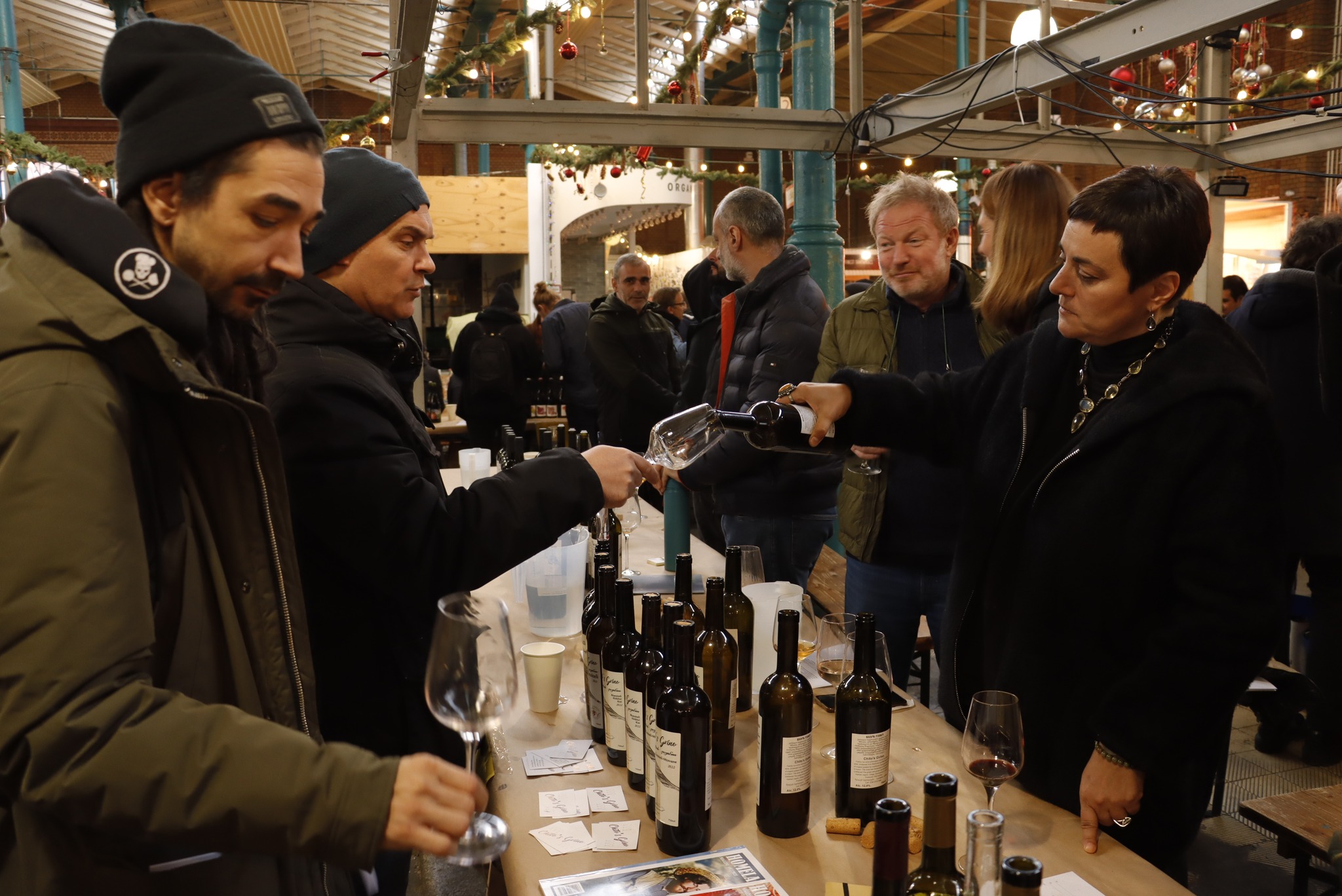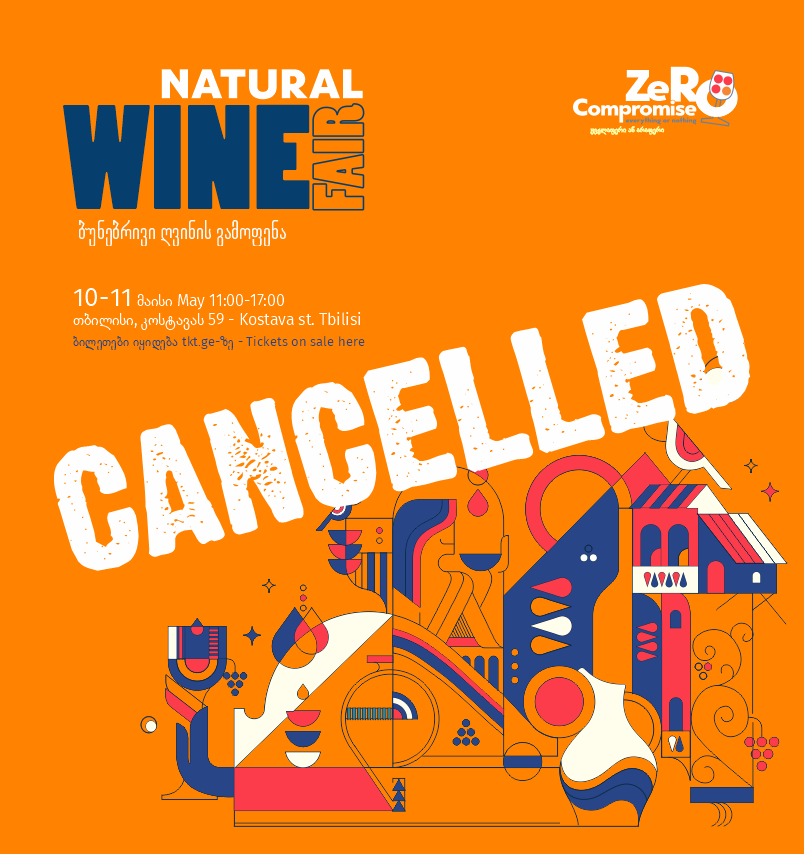News . 14-03-2022
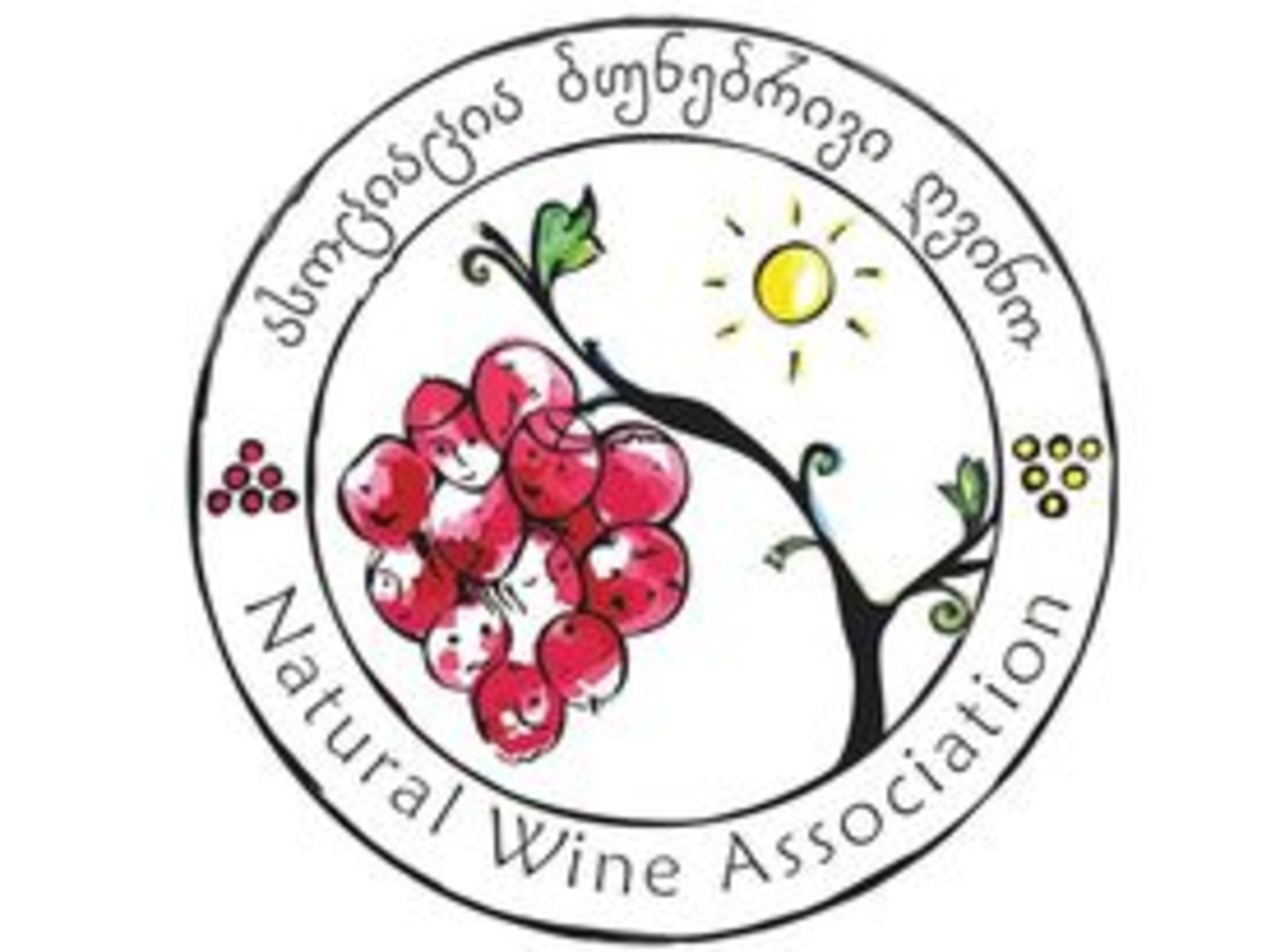
Natural Wine Association will accept members from 2024 under new rules
The Natural Wine Association (NWA) will change its membership rules from 2024. Joining the NWA will be more challenging than before, as the Association has strict standards and principles for natural winemaking. The NWA cannot accept all the wineries that show interest every year, because of the high risks of quality loss. However, the NWA is still open to new members who meet the criteria and share the vision of the Association
According to the founders of the Association, this decision will be beneficial in every way for both the Association and other small wineries that will form similar unions in the future. This will make the industry more diverse and therefore stronger. A good example of this is the festivals that have recently multiplied, which are related to the festivals organized by the Association - Zero Compromise and Amerimeri. These festivals have actually become natural wine weeks, which attract even more people interested in wine.
The places in the Association will be limited, so every year from 2024 the Association will decide by itself how many new members it can accept. The candidates will have to participate in a pre-planned vacancy competition and be recommended by at least three members of the Association.
One of the main changes that will affect those who want to join the Association from 2024 is a two-year observation period - an initial inspection that will last two calendar years and include at least two scheduled visits to the vineyard(s) and cellar. The Association must decide within one month of receiving the candidate’s application whether to select the candidate for inspection and membership and inform them about it.
The Association conducts both scheduled and unscheduled inspections of the candidate’s vineyard(s) and cellar within two calendar years of receiving their application for membership. If the inspections reveal any violations of the Association’s rules, the candidate will not be accepted as a member. The Association may exercise this authority in the first year of inspection. The Association can terminate the agreement with the candidate at any time if more than half of the founding members oppose their joining for a specific reason.
The Association signs a contract with all candidates, where it spells out the terms and conditions that they must meet to join. By signing the agreement, the candidate shares the Association’s goal of promoting the development of natural viticulture-winemaking in Georgia and agrees to follow the main principles and directions defined in the Association’s membership agreement if accepted as a member. Therefore, the candidate must familiarize themselves with the membership agreement of the Association (Appendix 1) to know in advance what responsibility they will assume after joining and how to follow the rules of vineyard maintenance and winemaking stipulated in the agreement.
The candidate for membership should fill out the membership application on the Association’s official website (Appendix 2) and send it to the Association’s email address - info@nwa.ge between January and March. The Association will consider applications sent after March the following year.
The candidate must pay the first installment of the membership fee by April 1 before the inspection. The Association calculates the membership fee based on the size of the vineyard(s). A vineyard is any vineyard from which the winery produces and sells wine. This includes both privately owned and leased or otherwise used vineyards, as well as the vineyards from which the winery buys grapes. If the candidate owns vineyard(s) with an area of 30,000 (thirty thousand) m2 or less, they must make an initial payment of 150 GEL to the Association’s account. The membership candidate agreement provides other detailed terms of payment.
The Association does not accept winegrowers without vineyards or cellars. Therefore, the candidate must own at least 1,000 (one thousand) square meters of vineyards and a wine cellar, which they must confirm with the ownership documents they present - extracts from the public register. The Association accepts ownership documents for the cellar and/or vineyard signed in the name of parents, siblings, spouse, and/or children. In such a case, the candidate must present the consent of the relevant property owner to join the Association.
The Association forbids the ownership of a conventional vineyard or the production of wine using industrial methods at the same time. Therefore, all candidates must not own a conventional vineyard that they treat in violation of the Association’s rules, or a cellar where they make wine with industrial additives and methods.
After signing the contract with the Association, the candidate must keep vineyard(s) care records, which should include information on all the work done in the vineyard (such as pruning, harrowing, cultivation, spraying, treating, etc.), as well as the treatments used and their dosage.
If the General Assembly of the Association’s Founders decides positively about the candidate’s membership, the candidate will sign the Association membership agreement. The candidate will become a member of the Association from the moment of signing the agreement.
The Association’s contract with the candidate must include the following appendices: the Association membership agreement (Appendix 1); the application form filled by the candidate (Appendix 2); the document(s) confirming the ownership of the candidate’s vineyard(s) - extract(s) from the public register (Appendix 3); and the document(s) confirming the ownership of the candidate’s cellar - extract(s) from the public register (Appendix 4).
The Association has been conducting internal inspections of member wineries since 2018, constantly monitoring how well they comply with the Association’s requirements for both vineyard maintenance and winemaking. The main requirement of the Association is that the members use organic and bio-methods while taking care of their vineyards and make their wine naturally, without industrial additives. Of course, the wineries that want to join the Association must follow the same rules. The experience of previous years shows that some wineries do not meet all the conditions but still want to join. The Association rejects them for valid reasons, which may upset them. However, it is clear that they have the opportunity to form another similar association, where the membership and activity conditions may be different.
